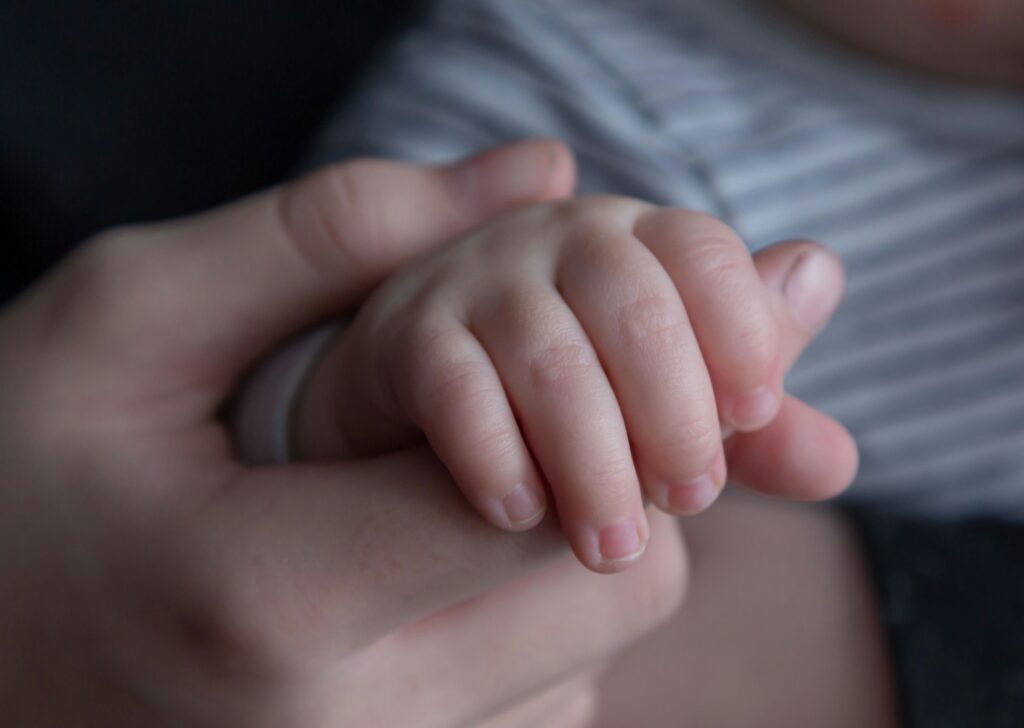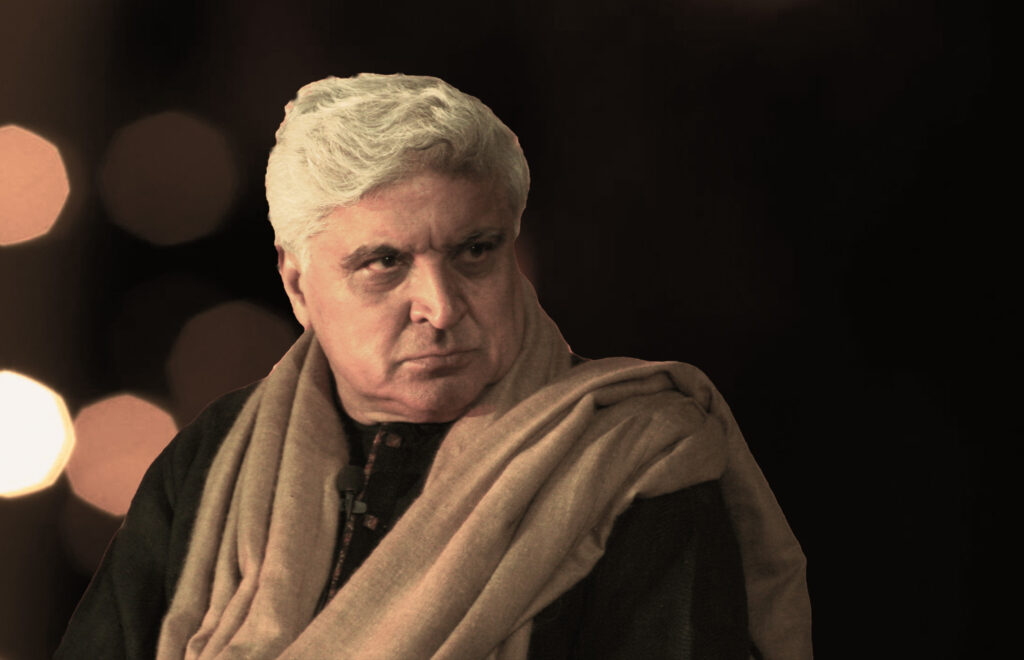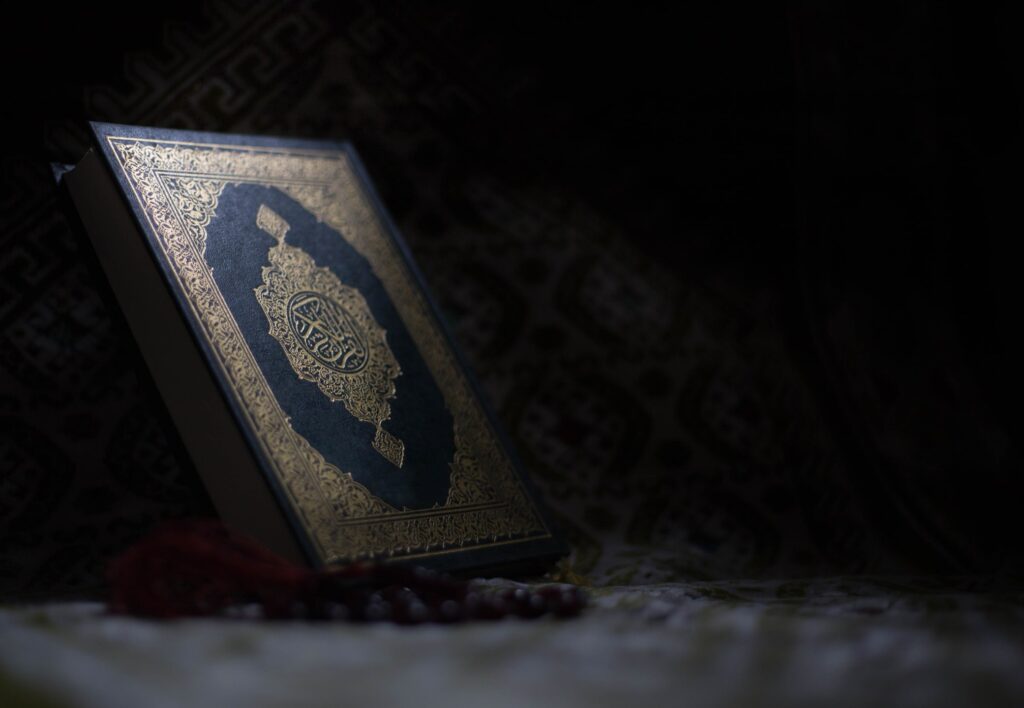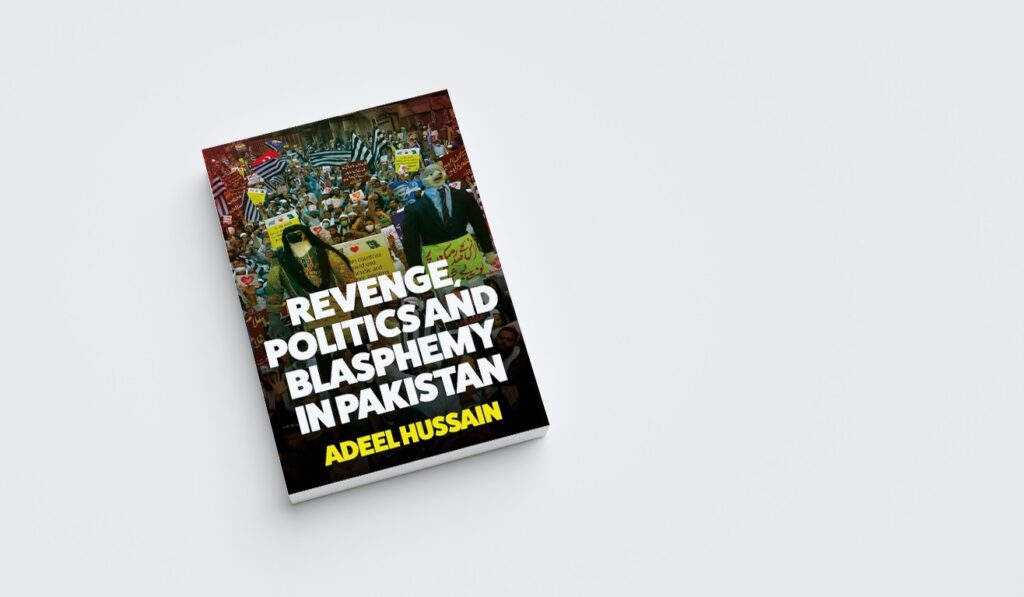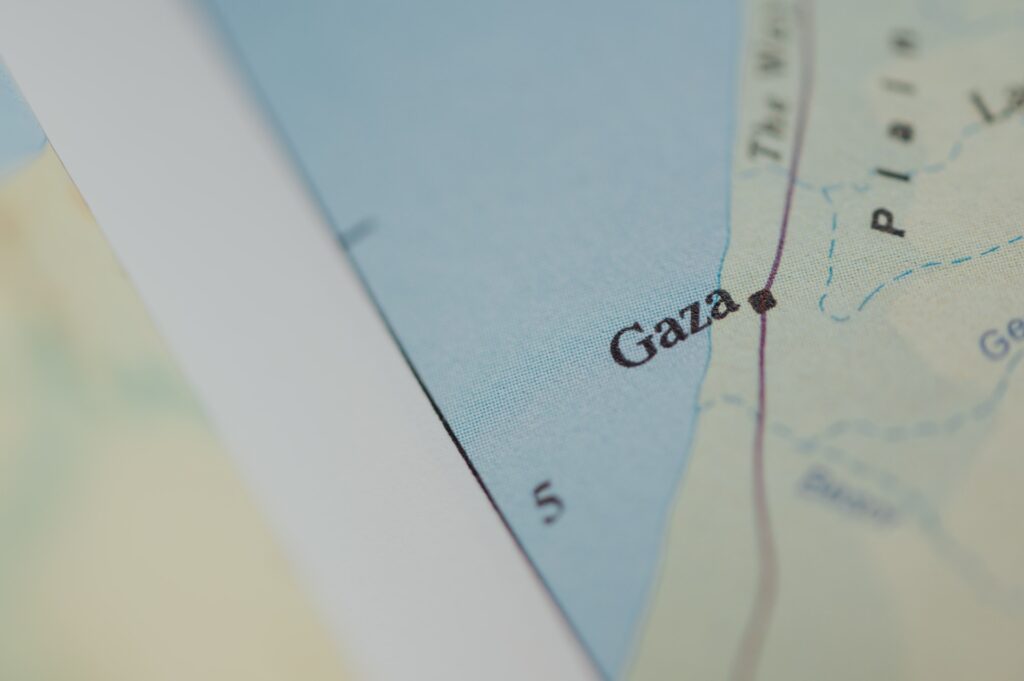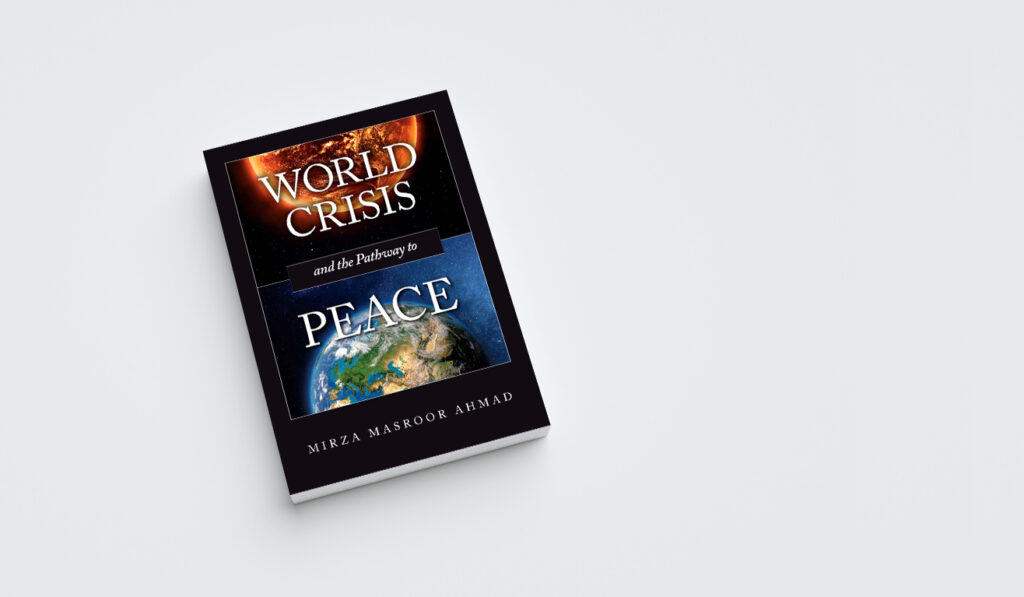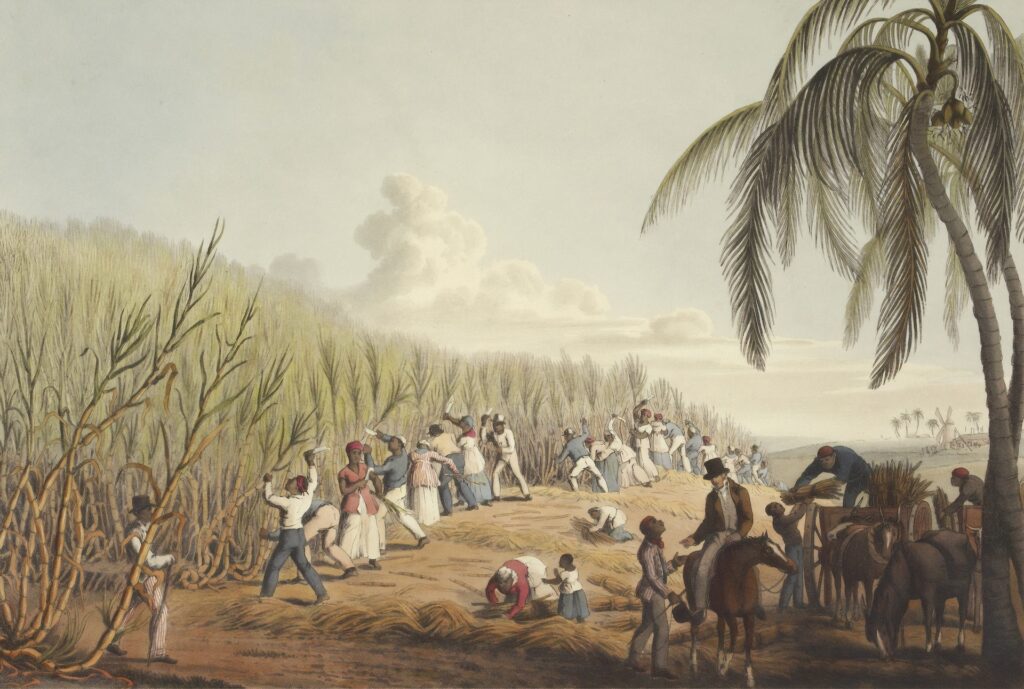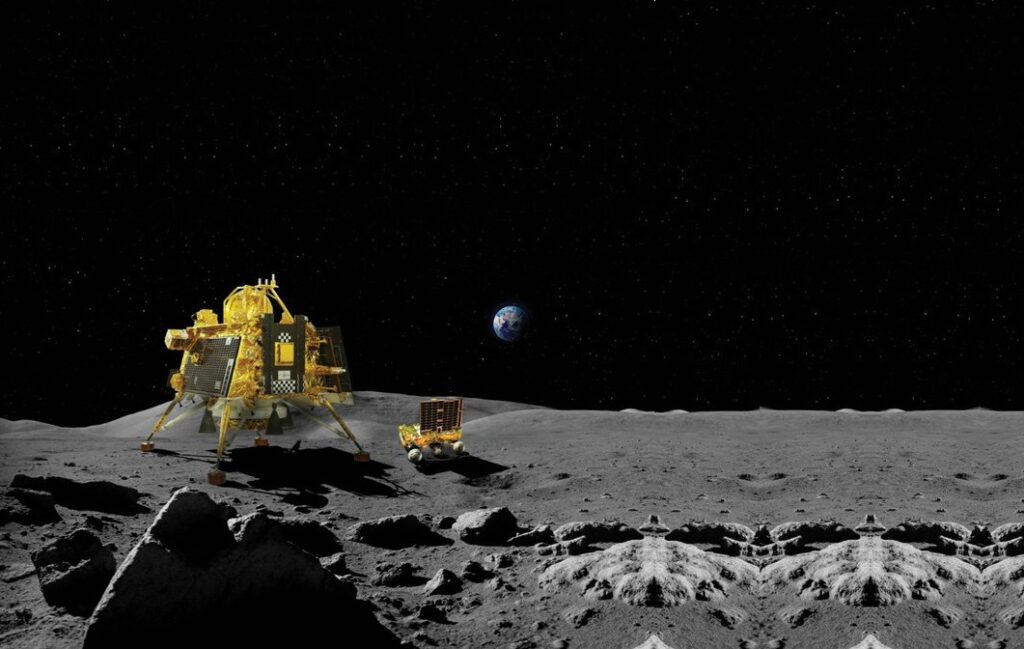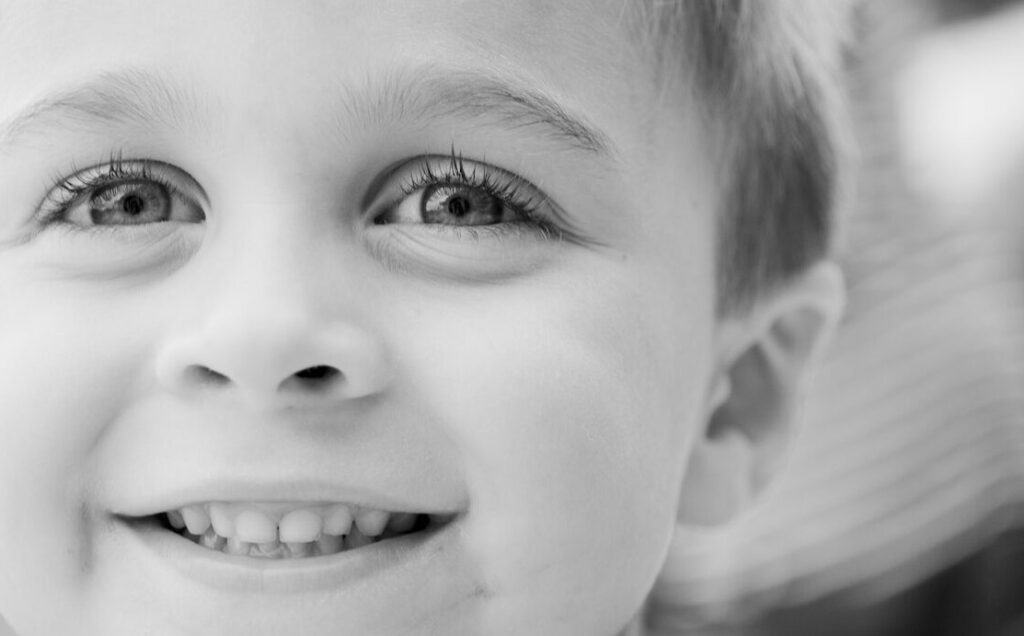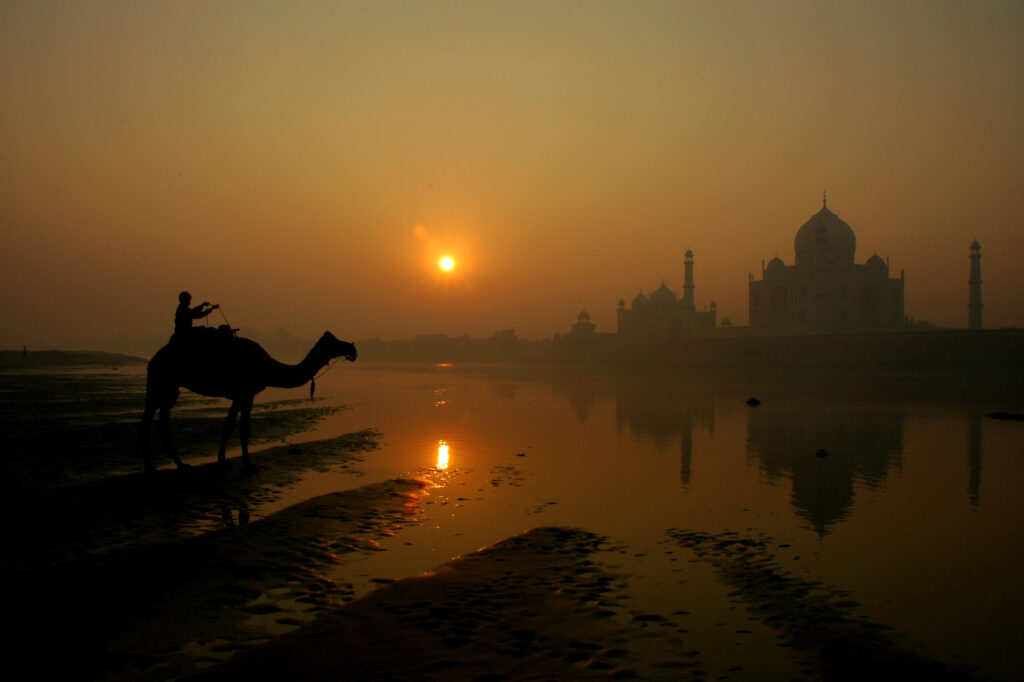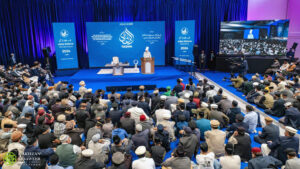ARTICLES
The Ahmadiyya Khalifa urges Ahmadi Muslims to engage in prayers and preparedness amid escalating global tensions.
Opinions often surface branding the hijab as a symbol of oppression. Here, we respond to a recent Newslaundry article, challenging the narrative that Muslim women require ‘liberation’ from their choice to wear the veil.
If God is an epitome of love, why should we fear Him? The Ahmadiyya Khalifa explains the Islamic concept of righteousness, highlighting how true love inspires a fear of displeasing the beloved.
Islamic teachings provide essential principles for living in a society, addressing the political, social, economic, cultural, and religious aspects of human life.
Postpartum depression is a common yet often overlooked challenge that many new mothers face. Understanding its impact and finding effective coping strategies are essential for both maternal well-being and healthy parenting.
Ahmadiyya Khalifa explains the Islamic concept of religious evolution which occurred in parallel with the cognitive and social development of man.
While Akhtar blatantly characterises all religious people as mentally ill, his statements reveal that he is suffering from the very delusion he seeks to find in others.
Amidst the polarised debates that either advocate for or entirely reject abortion, Islam offers a balanced and logical perspective, respecting the rights of women and the sanctity of potential life.
Ahmadiyya Khalifa explains how important it is for parents, in today’s digital age, to monitor the programmes their children watch and ensure they do not have excessive screen time.
Contrary to the common belief that Adam(as) was forbidden to approach a physical tree, a study of the Quranic verses reveals that the command addressed a concept of much greater significance.
The Ahmadiyya response to blasphemy has always been peaceful, seeking to defend the honour of the Holy Prophet(sa), employing no means that constitute or endorse violent retribution.
May Allah the Almighty enable the major powers to establish justice on both sides and thereby establish peace. It should not be that they lean towards one side and thus usurp the rights of the other side.
The book is a compendium of timely and meaningful articulations on solutions and means to overcome the current crisis of the world and achieve global peace.
It is commonly held that Hazrat Adam(as), who lived about 6,000 years ago, was the first man on Earth. However, this view is not supported by the Holy Quran, as a close study of the relevant verses reveals.
Islam’s multifaceted teachings seamlessly intertwine faith and fitness, contemplation and action, providing motivation and a well-defined framework for meaningful change.
Islam not only advocated the freeing of slaves but also paved the path for their progress and ensured they were seamlessly integrated into society.
India has joined the US, China, and the former USSR in achieving a successful lunar landing. Notably, India also became the first country to land a spacecraft near the Moon's south pole.
By embracing a smiling disposition, Prophet Muhammad(sa) set a powerful example for his followers, encouraging them to uplift the spirits of others, bring cheerfulness to their surroundings, and foster an atmosphere of love and harmony.
India’s unity in diversity showcases the harmonious coexistence of various religions, languages, traditions, and festivals. It serves as an example of how diverse communities can live together.
Today marks 78 years since the atomic bombings of Hiroshima and Nagasaki, and the world seems to be standing on the brink of another global conflict. Has time erased our memories?





